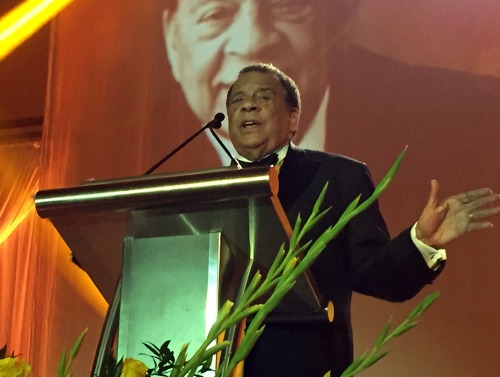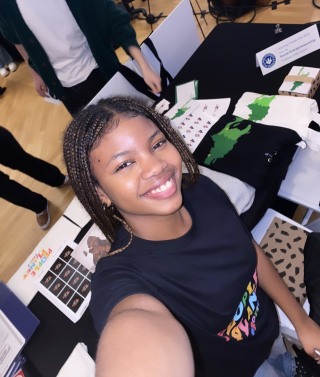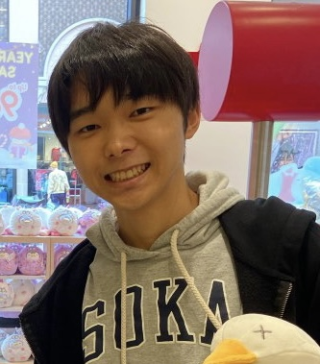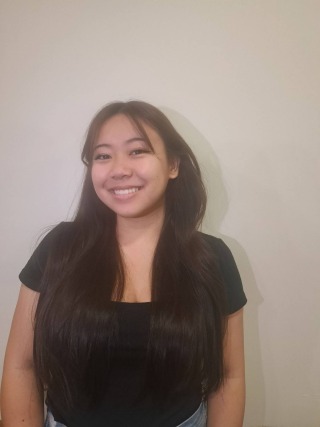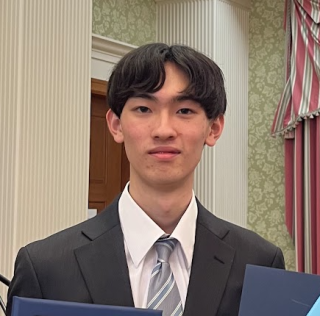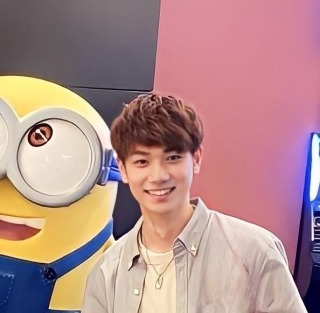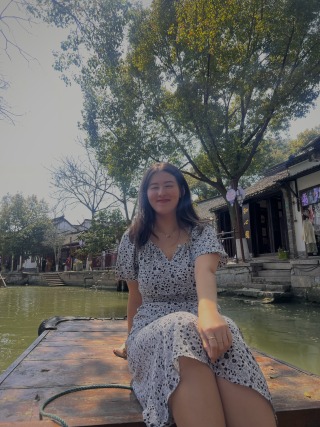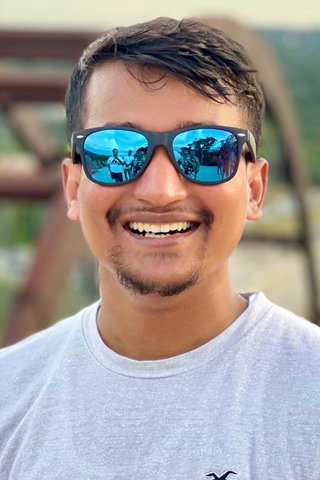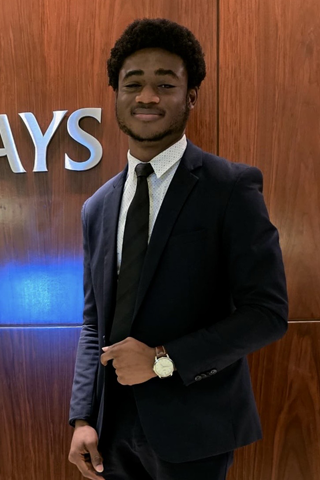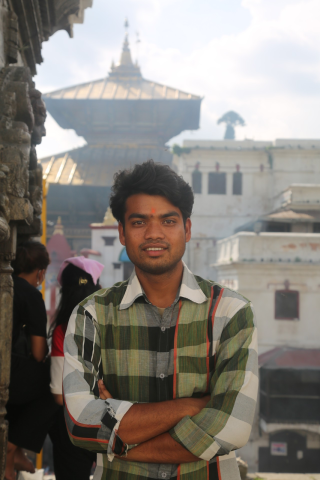
Andrew Young Dialogue Lab
Located in Pauling 406, The Ambassador Andrew J. Young Dialogue Lab for Peace, Meaning, and Reconciliation is a space designed for the practice and research of dialogue in all aspects, intending to advance individual and collective peace, reconciliation, and humanity.
The Lab’s Purpose
Dialogic and dialectic exchanges will be conducted to move society toward a more peaceful and harmonious world. In the dialogue laboratory, we will investigate the philosophy, method, and practice of dialogue between and within communities, cultures, religions, and civilizations.
A key focus will be the advice collaboration with Former Ambassador to the United Nations Ambassador Andrew Young. The Dialogue Laboratory will host webinars with him to seek his experience and expertise in dialogue for peace and reconciliation. His books will be included in the library.
The ability to engage in meaningful dialogues with a diverse range of people is a skill that is indispensable for fostering global relations and effective problem-solving. In today’s ever-changing yet historically rooted world, mastering the art of initiating conversations that tackle issues rather than individuals is not an innate ability but one that can be cultivated.
Upcoming Events
The Dialogue Lab hosts events throughout the year, these events are typically student-facilitated discussions about various world events with a focus on world peace. Since it’s opening, the lab has already hosted a few impactful events. Read Student Fellow, Kenta Okazaki’s, reflection on a past event.
Here are the potential topics for this year’s upcoming events: Protest policy at SUA, improve and clarify; Lecture/training in dialogue strategies and skills; How to talk to others who may be guarded/don’t want to listen to you; Dialogue x Power Dynamics; Political limitations of dialogue; What dialogue is for, where it fails.
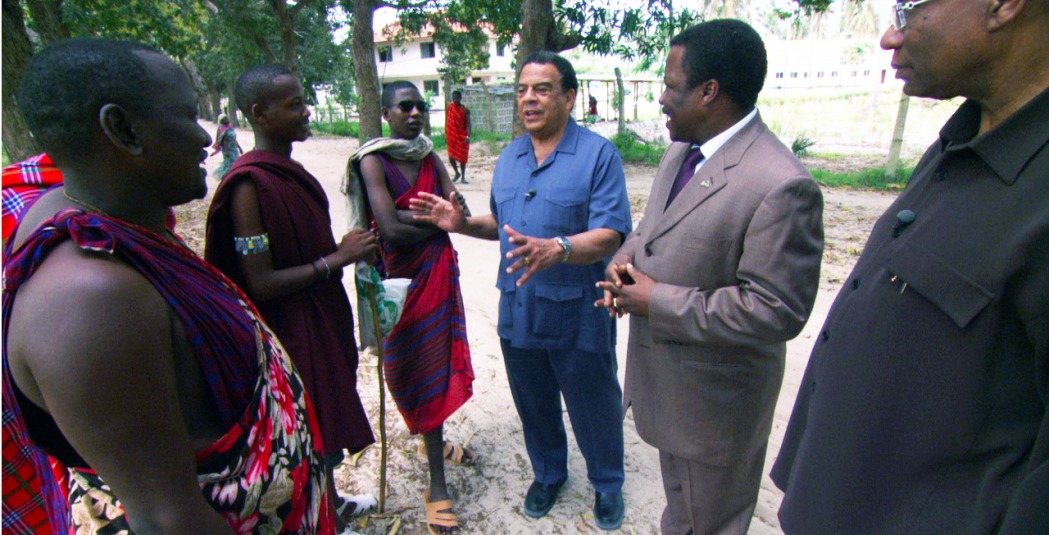
About the Lab
The Dialogue Laboratory would have the following objectives:
- Research and practices of dialogism discourse and conversation analysis
- Learn various dialogue methods.
- Learning with renowned Dialogists, including readings, lectures, videos, recordings, and live webinars (of those that are available):
- Andrew Young
- Mikhail Bakhtin
- Pope Gregory I
- Daisaku Ikeda
- Immanuel Kant
- Mahatma Gandhi: (See Mahatma Gandhi Letters to Americans (Pub.1998)
- Karl Marx
- Nelson Mandela
- T.S. Eliot
The study and practice of various dialectical methods, including:
- Modern Philosophy
- Hegelian dialectic
- Marxist dialectic
- Dialectical naturalism
- Postmodernism
- European dialectical forms
- Classical philosophy
- Socratic method
- Plato
- Aristotle
- Medieval Philosophy
- Classic and modern Koranic philosophy and dialectics: Al-Ghazzali, Ibn Rushd Ibn Khaldun, Fethullah Gűlen.
- Classic and modern Talmudic philosophy and dialectics, Moses Maimonides, Baruch Spinoza, Martin Buber, Emmanuel Levinas.
- Indigenous philosophies and dialectics?
- Criticisms
- Formalism
- Defeasibility
Kailash Pariyar ‘27
My name is Kailash Pariyar. I am from Nepal. I am a freshman at Soka University of America (SUA). I grew up in Rainas, a small village in western Nepal. I attended my high school at Gandaki Boarding School in Pokhara, Nepal. Before coming to SUA, I was a scholar of the United States Education Fund for Nepal(Usef Nepal). Involving various regional and international organizations, I’ve discovered myself as an advocate and change-maker in important causes, including culture/heritage preservation, political literacy, high-quality education, and environmental and climate justice. I believe in the transformational potential of education, and as part of my advocacy work, I aim to promote educational awareness and children’s education in underprivileged areas. I welcome new opportunities and look forward to participating in new initiatives to explore my passion further. Finally, I am always ready to talk to people, have dialogue with them, and get exposure to new environments.
Melody Tirane ‘27
My name is Melody Tirane, and I am a first-year student concentrating in International Studies with a passion for international development, particularly in Africa. I was born and raised in Tanzania. And at the age of 8 years old I started working with the organization Ubongo as a voice actor. Ubongo is now the leading producer of education cartoons in Africa. Ubongo’s work reaches millions of families in 41 countries and is seen by 32 million households. We have two shows that have gained a lot of popularity: “Ubongo Kids” and “Akili and Me”. I lend my voice in English and Swahili to the character Akili in the show “Akili and Me” as well as the character Tiny Tembo in the show “Ubongo Kids.” In our fast-paced world, equipping youth with the skills necessary to participate in the digital age is important. I believe that educational digital content is crucial to enhancing digital literacy among today’s youth. I have known since I was young that our voices as people reflect our resolve. They have the power to dismantle barriers and get over the limitations of the change we want to see. My passion for education and advocacy led me to work over the years in education and social justice organizations like Ubongo, Plan International Tanzania, and BBC Media Action Tanzania. Currently, I am also working for the Diversity, Equity, and Inclusion Office on campus. And I am a student fellow at the Andrew J. Young Dialogue Lab for Peace. I am grateful and excited to continue being of value to my community and to the world.
Kenta Okazaki ‘24
My name is Kenta Okazaki, a member of c/o 2024, graduated from Soka University of America (SUA) last May. I was raised in Himeji, a small city in Japan, and attended Kansai Soka Junior and High School in Osaka. Since coming to SUA, I have become interested in peace and conflict studies, with a particular focus on the role of dialogue in inner transformation, mutual growth, and community building.
In my senior year, I was privileged to serve on the class senate. This experience taught me the importance and pleasure of interacting with classmates, learning from them, and establishing mutual trust with them. My research and experience enabled me to deliver a keynote address on SOKATALK, an intramural TED Talks-inspired event on December 8, 2023, entitled “The Transformative Power of Dialogue: Hope, Change, and New Reality.”
I also initiated a course on Daisaku Ikeda’s Theory and Practice of Dialogue, working with Dr. Kevin Moncrief, the Dialogue Lab coordinator. As part of the class, we invited 17 students to help us learn crucial mindsets for intergroup and one-to-one dialogue, as well as the dialogue of our founder Daisaku Ikeda for awakening individual humanism.
My dream for now is to work for the happiness of individual students in a university. After I graduate, I will learn at Columbia University’s Master of Science in Negotiation and Conflict Resolution program, which uniquely focuses on the importance of self-awareness, or changing oneself, for any scale of conflict resolution.
Forever in my life, I will challenge myself to encourage each precious individual through dialogue, improve/correct myself, and actualize the chosen message from our Founder Daisaku Ikeda for the c/o 2024’s commencement: “I ask you to inspire hope where there is suffering, amplify unity where there is conflict, and impel progress where there is stagnation—and in doing so, usher in a truly global renaissance by fulfilling the roles which you were meant to fulfill.”
Ryanne Padayhag ‘27
My name is Ryanne Padayhag, and I am in my first year concentrating in Life Sciences. Born and raised in Hawai’i on the island of Oahu, I have developed a deep passion for medicine in the Pacific. I am particularly intrigued by Hawai’i’s healthcare system, which serves the entire Pacific Rim, and I am driven to improve medical access and health outcomes for Pacific communities. I believe strongly in the power of community and dialogue as essential elements in fostering healthy, thriving populations. Through the Dialogue Lab, I am eager to explore these connections further, especially in the medical sector, where effective communication across diverse backgrounds is critical. I hope to contribute to respectful, culturally informed conversations that strengthen healthcare for all.
Takeshi Shimohara ‘26
I am a sophomore student who concentrates on Social and Behavioral Sciences. Through my education in high school and college, I have developed my interests in societal empowerment of individuals. Immersion into the idea of capability approach presented by Amartya Sen led me to the interests in economics as a means of empowerment. My current interests consist of political economy and economic development, focusing on the Pacific Rim Asia. The region’s economic movement shall offer a meaningful insight on the well-being of individuals of the region and world economy due to the massive amount of population of the region and various emerging economies such as Indonesia and Vietnam.
Masahiro Iwashita ‘25
Hello, my name is Masahiro Iwashita. I am a member of the class of 2025. I was born and raised in Osaka, Japan.
I am concentrating on social and behavioral sciences, with a particular focus on psychology. My hobbies are playing the clarinet, practicing taiko drumming, playing basketball, and drawing calligraphy.
One of the highlights of my experience in the Dialogue Lab has been exploring the principles of constructive dialogue and building positive relationships grounded in mutual trust. I have learned that open-hearted communication and attentive listening are essential for fully understanding and empathizing with others. By truly listening, I can better grasp others’ perspectives and situation, which fosters empathy and deeper connections.
Moving forward, I am committed to applying these principles in my daily interactions, with the goal of cultivating positive relationships and taking the first steps toward becoming a humanistic global citizen.
Julia Miyagawa Braga ‘25
My name is Julia, and I am a fourth-year student from Brazil. I view dialogue as an interactive and intentional exchange that allows participants to embrace each other’s shared humanity and learn from one another. In a world marked by conflict and polarization, I believe dialogue can serve as a path toward peace. However, I have personally struggled with stepping out of my comfort zone to engage in difficult conversations, as well as cultivating the wisdom to fully appreciate the perspectives shared by others without judgment. This challenge led me to join the Ambassador Andrew J. Young Dialogue Lab for Peace, Meaning, and Reconciliation. Through this experience, I not only learned from fellow SUA students about their unique views on dialogue but also had the privilege of receiving training from the Constructive Dialogue Institute. This journey helped me develop skills in asking constructive questions, navigating conflict, and harnessing the power of storytelling. I am truly grateful for this opportunity!
Aashish Sunar ‘24
Hello, my name is Aashish, and I am a recent graduate of Soka University of America. I am originally from Nepal. Since childhood, I have been deeply curious about exploring different cultures, religions, and countries. SUA, with its vibrant community of students from over 40 countries, provided the perfect environment for me to explore this interest by engaging in fun and meaningful conversations with my peers.
My interest in dialogue led me to participate in the Dialogue Lab Fellowship, where I collaborated with fellow participants and our coordinator, Dr. Kevin Moncrief, to organize the event, “Cancel Culture and Freedom of Speech on College Campuses,” in November 2023.
This event was a testament to the power of open and respectful dialogue, bringing together many students to engage in frank and thoughtful conversations. I also had the opportunity to serve as a facilitator, which deepened my appreciation for the diverse interests and passions of my peers on diverse topics ranging from mental health to social movements. At the end of the event, I saw many friends continuing their discussion with enthusiasm at the lunch table in the cafeteria. This experience reaffirmed my belief in the transformative potential of dialogue to foster friendship and nurture growth.
I am deeply grateful to my fellow participants, Dr. Kevin Moncrief, and Eliza O’Neil of the Constructive Dialogue Institute for their invaluable contributions in bringing this timely event to life! I hope it serves as a catalyst for future initiatives rooted in the spirit of joyful and vigorous dialogue!
Richmond Acquah ‘27
Richmond Acquah is a member of the class of 2027 with a study concentration in economics. As a participant in the Andrew Young Dialogue Lab during the 2023-2024 academic year, Richmond explored dialogue as a transformative tool for mitigating conflict and promoting cross-cultural understanding. Guided by Ms. Eliza O’Neil of the Constructive Dialogue Institute (CDI), a Harvard-trained educator in peace, negotiation, and conflict management, Richmond deepened his understanding of constructive engagement strategies.
The experience, in collaboration with CDI’s evidence-based frameworks, emphasized how structured dialogue can bridge divides, rebuild trust, and create solutions to complex social and political conflicts. Richmond developed skills in active listening, empathetic communication, and negotiation, all of which are crucial for addressing tensions in diverse settings.
Richmond’s engagement with the Dialogue Lab is closely tied to his broader academic and personal goals. His studies in economics often intersect with questions of equity, social cohesion, and policy-driven stability. He sees dialogue as a critical mechanism for resolving disputes that arise from economic and cultural disparities, particularly in developing countries like Ghana.
Richmond envisions applying his dialogue training to initiatives aimed at bridging economic inequities, promoting inclusive development, and contributing to global peacebuilding efforts. By integrating the principles of constructive dialogue with his economics background, he hopes to champion conflict-sensitive policies that prioritize sustainable peace and mutual understanding.
- Chaerin Her ‘24
- Alice Nguyen ‘25
- Abigail Nguyen Do Khanh ‘24

